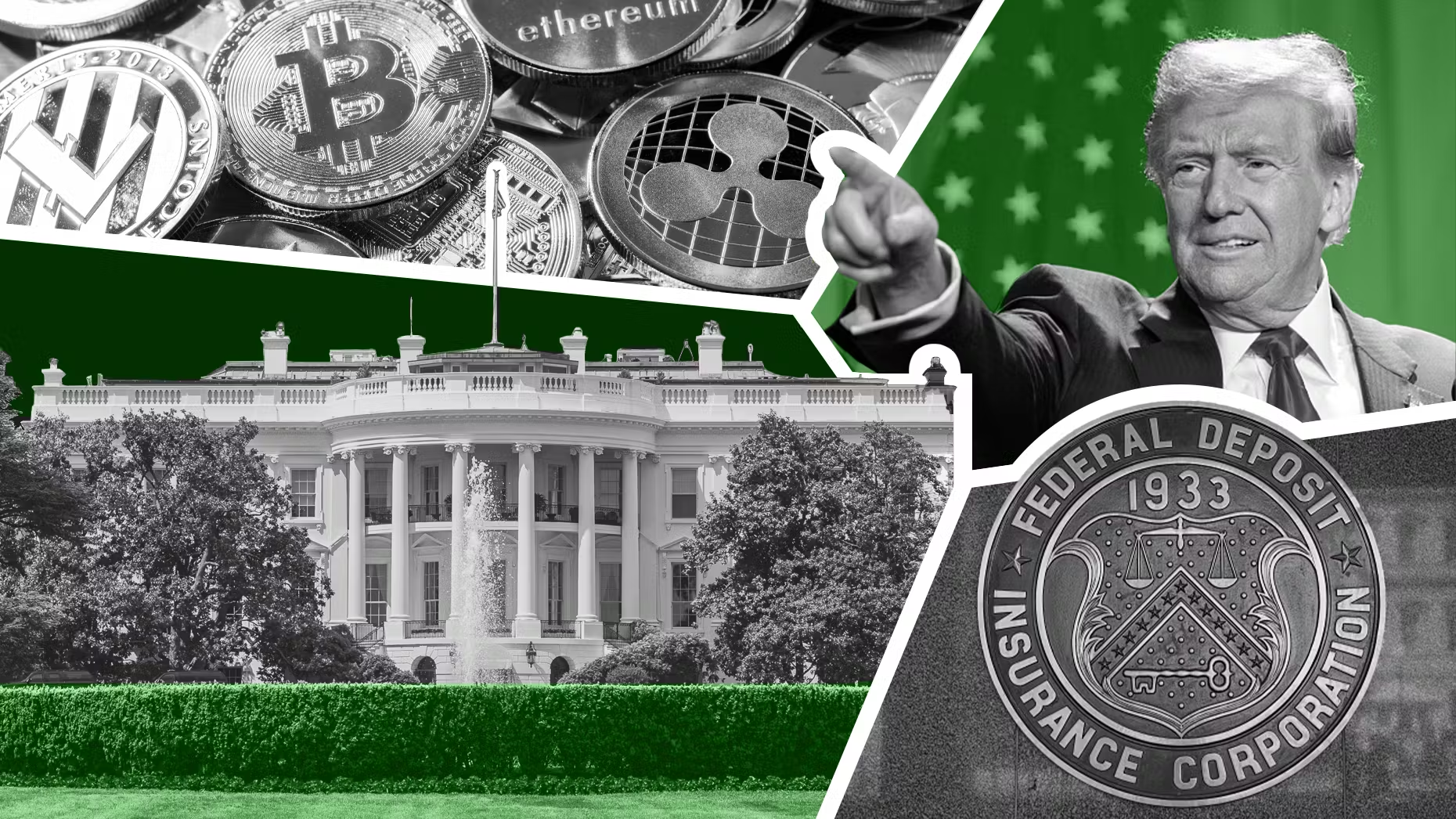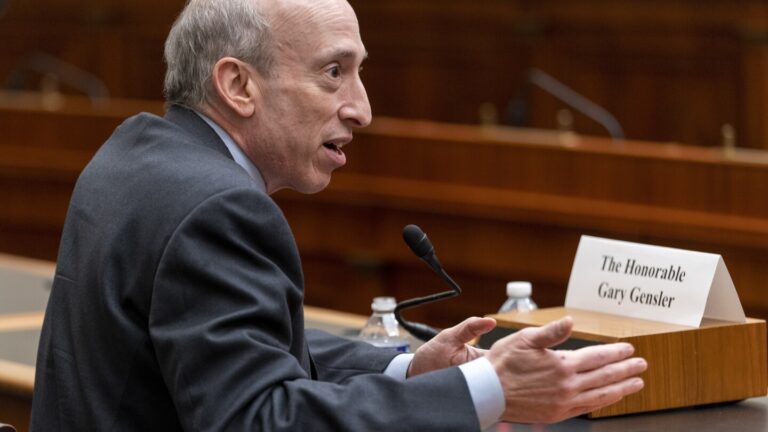Hook: Imagine building your dream tech company, only to find out that your bank account gets shut down just because of the industry you’re in. Welcome to the world of “Operation Chokepoint 2.0,” a secretive effort that’s allegedly targeting the crypto world, making it harder for blockchain companies to access basic banking services.
What’s Going On?
In the past few years, over 30 tech and crypto founders in the U.S. have shared their shocking experiences of getting “debanked”—meaning they were denied access to banking services. Some believe this is part of a coordinated campaign to “choke” the crypto industry, which has been growing rapidly. This campaign is being called Operation Chokepoint 2.0, and it has become a hot topic in tech circles.
What is ‘Operation Chokepoint 2.0’?
Operation Chokepoint 2.0 refers to what some critics believe is a secret government-backed attempt to force banks to cut ties with crypto companies. It’s said to be targeting not just cryptocurrencies, but also certain political enemies and disfavored tech startups. The idea is simple: by cutting off banking access, these businesses can’t operate. No bank account? No payments, no transfers, no way to handle money.
Key Stories from the Crypto World
- Elon Musk—the billionaire founder of Tesla—drew attention to the issue by posting about it on social media. He shared a clip of Marc Andreessen, co-founder of the venture capital firm Andreessen Horowitz, talking about how over 30 tech founders were de-banked in recent years. Musk added fuel to the fire by calling attention to the importance of freedom for businesses in the tech space.
- Brian Armstrong, the CEO of Coinbase, a leading cryptocurrency exchange, also spoke out. He called out the “unethical” actions he believes were orchestrated by the U.S. government, especially under President Joe Biden’s administration. He’s even pushing for Freedom of Information Act requests to dig deeper into who’s responsible for these actions.
- Sam Kazemian, the founder of Frax Finance, shared his own personal experience. In late 2022, when he tried to work with JPMorgan Chase, he was told that anyone whose wealth or income was tied to crypto would have their accounts closed. That’s a direct hit to crypto businesses, which rely heavily on banking services to run their operations.
The Collapse of Crypto-Friendly Banks
The crypto industry faced massive setbacks in early 2023 when three major crypto-friendly banks—Silicon Valley Bank, Silvergate Bank, and Signature Bank—collapsed or were shut down. Many saw this as part of Operation Chokepoint 2.0, with the government pressuring these banks to distance themselves from the crypto sector.
Why Does This Matter?
If you’re in the tech world, especially in cryptocurrencies, this is a major problem. Why? Because without access to banks, it’s extremely difficult for a company to function. If the government or big institutions can control which businesses get access to essential services like bank accounts or payment processing, it becomes a powerful way to push people out of business—without the need for direct confrontation.
The fight for banking access is much bigger than just a few companies—it’s about the freedom of tech founders to build innovative products. The issue has sparked debates over free market principles and government overreach. If businesses can be penalized or blocked from operating because of their political beliefs or industry, it sends a worrying message.
The Political Side
Interestingly, the ongoing debanking efforts seem to have influenced some major political decisions. Marc Andreessen even revealed that this issue was one of the reasons his firm decided to support Donald Trump during the 2020 election. For Andreessen and others in the tech space, supporting a candidate who was seen as more favorable to their interests was a way to push back against what they saw as unfair treatment from the government.
Key Takeaways:
- Debanking: The act of cutting off a company’s access to banks or financial services. It’s a silent yet powerful tactic that’s affecting the crypto and tech industries.
- Operation Chokepoint 2.0: A belief that the government, through coordinated pressure on banks, is trying to shut down crypto and certain tech startups.
- Importance of Banking Access: Without access to banks, companies can’t operate normally, which can stifle innovation and growth in emerging industries like crypto.
- Political Impact: The issue is becoming political, with some tech leaders choosing sides based on how government actions affect their businesses.
Understanding these developments is crucial because they highlight just how intertwined government policies, financial systems, and emerging technologies are. If you’re into cryptocurrency, tech entrepreneurship, or just care about the future of innovation, this story shows how deeply the rules can change when powerful players decide to interfere with the freedom to innovate. The battle over access to banking services could shape the future of not just crypto, but the entire digital economy.



